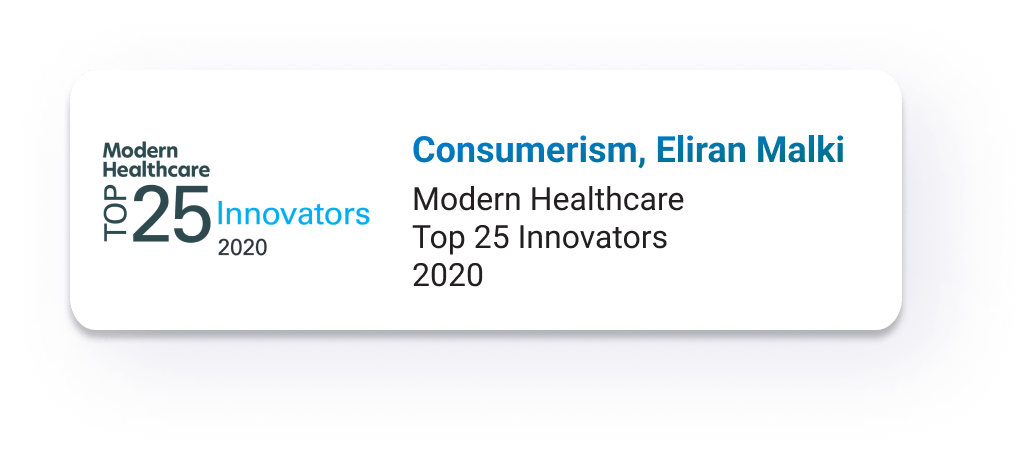By Dr. Daniel Vorobiof, Chief Medical Director of Belong.Life.
For the past 20 years there have been a lot of discussions about the possible association of mobile phones use and brain cancer risk.
Over that time more than 30 international epidemiological studies have been reported on this issue.
Approximately 10 years ago the International Agency for Research on Cancer stated that there is ”some” evidence that cell phones are ”possibly carcinogenic”. That statement caused a major uproar in the scientific communities and was largely based on the results of the ”Interphone” international case-control study and a series of Swedish studies, published in 2010-11. Since then, there are some 30 epidemiologic studies on this unresolved issue.
A recently published UK study followed up more than 770,000 women, whom during the early 2000’s replied to a questionnaire on cell phone use and then repeat it (to half of the same women), 10 years later. They were then followed for an average of 14 years. During the follow-up period, 3,268 (0.42%) developed a brain tumour, but that number was no different between individuals who never used a mobile phone and those who were phone users. There was no difference between those who used it daily, those who used them for 20 minutes a week, and those who used them for over 10 years. These results support the accumulating evidence that mobile phone use under usual conditions does not increase brain tumor risk.
For more information:
Cellular Telephone Use and the Risk of Brain Tumors: Update of the UK Million Women Study
Dr. Daniel Vorobiof is a renowned oncologist and the chief medical director of Belong.Life. He is the founder and former medical director of the Sandton Oncology Centre in Johannesburg and has published more than 120 peer-reviewed articles in international medical journals.
This content is provided for your general education and information only. It does not necessarily reflect Belong’s views and opinions. Belong does not endorse or support any specific product, service, or treatment.







